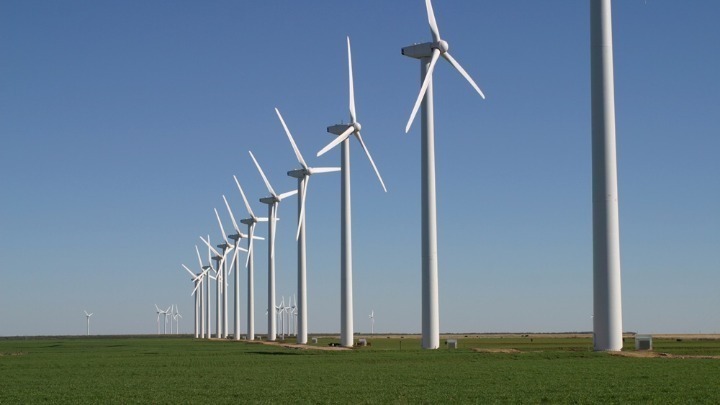Renewables, energy storage and conservation are the three pillars on which the revised energy planning up to 2030 is to be based, and which is to be officially presented by Environment and Energy Minister Kostas Skrekas in the next few days.
The country’s revised National Plan for Energy and Climate was discussed by the relevant interministerial committee on Monday and, according to sources, foresees a significant upscaling of the objectives both for the penetration of renewable sources and for the storage and saving of energy in relation to the existing plan.
According to the same sources, the official positions of the leadership of the foreign ministry are:
– The installed power of RES units (photovoltaic, onshore and offshore wind, hydroelectric) is to increase to 28 gigawatts compared to 19 gigawatts, foreseen by the existing plan.
– Energy storage units critical to security of supply and maximising penetration of RES are projected to reach 8 gigawatts.
– 80% of electricity demand in 2030 will be covered by RES.
– Energy efficiency targets are upgraded with emphasis on buildings and transport.
– Natural gas is kept as a transition fuel until full decarbonisation is achieved.
SOURCE; ANA-MPA







